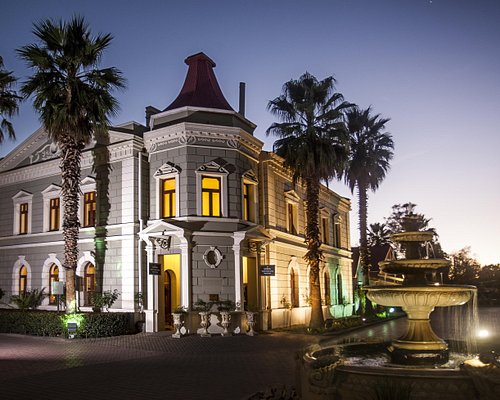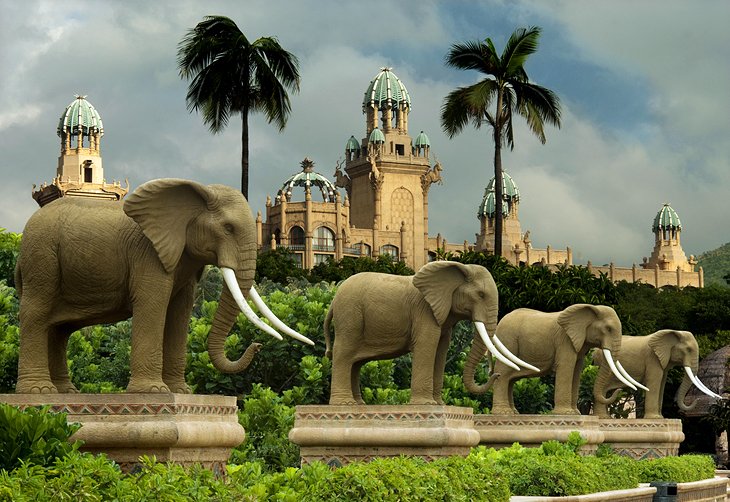Not known Facts About Johannesburg North Attractions
Not known Facts About Johannesburg North Attractions
Blog Article
How Johannesburg North Attractions can Save You Time, Stress, and Money.
Table of ContentsWhat Does Johannesburg North Attractions Do?Indicators on Johannesburg North Attractions You Should KnowAll about Johannesburg North AttractionsThe 9-Minute Rule for Johannesburg North AttractionsThe Basic Principles Of Johannesburg North Attractions Facts About Johannesburg North Attractions RevealedSome Of Johannesburg North Attractions
You ought to maintain safety and security in mind and tourists have to remain sharp at all times when in unfamiliar environments. Talk to the locals when you are in community to discover the location you are staying in. Johannesburg North attractions. When on the road (this doesn't relate to purchasing malls and other safe and secure atmospheres) best general advice is to try your ideal to look like a regional and to stay clear of presenting any type of wealth
The Facts About Johannesburg North Attractions Uncovered
Teacher Revil Mason O. J. (Thomson, 1946) explored the Witwatersrand's pre-colonial history. His archaeological work blew up the 'em pty land' misconception, according to which the region was lacking human habitation before the arrival of European settlers. In his magazines Prehistory of the Transvaal: A Record of Human Task (1962) and Origins of Black People of Johannesburg and the Southern Western Central Transvaal AD 3501880 (1986 ), Teacher Mason showed the level of social and economic advancement in the area before Europeans established foot below.

Some Known Facts About Johannesburg North Attractions.
In 1878, David Wardrop found gold in quartz veins at Zwartkop, north of Krugersdorp. In 1881, Stephanus Minnaar came across gold on the farm Kromdraai, near the Cradle of Mankind.
In March 1886, an outcropping (quickly to be called the Key Reef) was found, quite luckily, on Gerhardus Oosthuizen's farm Langlaagte. Some claim that the Lancastrian coal miner George Walker uncovered this coral reef. An additional travelling English prospector, George Harrison (who had previously worked in Australian mines) acquired a prospecting permit in respect of Langlaagte in May 1886.
He decided to relocate on in a pursuit for greener fields, and disposed of his Langlaagte claim for the baronial sum of 10. Alas: underneath lay the wealthiest goldfield ever before located. The discovery of this rich auriferous reef provoked a gold rush that indicated the end of bucolic tranquillity in the southern Transvaal.
It would, within six years, end navigate to this website up being the largest town in southern Africa. Within a years, it would certainly make the Z. A. R. until then an anarchical and bankrupt little state the wealthiest country in Africa. By the millenium, the Z. A. R. was to exceed Russia, Australia and the United States of America to come to be the world's leading gold producer, creating greater than a quarter of the world's gold.
Some Ideas on Johannesburg North Attractions You Need To Know
It was called Ferreira's Camp, named after Colonel Ignatius Ferreira. He was a Boer adventurer upon whom the British authorities had actually bestowed the condition of Companion of the A Lot Of Differentiated Order of St Michael and St George (entitling him to the post-nominal letters C. M. G.) in gratitude for his duty in the battle that had deposed the Pedi king Sekhukhune in 1879.
2 other camps were established: Meyer's Camp on the ranch Doornfontein, and Paarl Camp. The latter was nicknamed Afrikander Camp; lots of people from the Cape Nest worked out there.

Excitement About Johannesburg North Attractions
This name got money by word of mouth, such that the State Secretary affirmed the name to the Mining Commissioner on 9 October 1886. Stands in the village next were auctioned on 8 December 1886. While some stands were cost 10, others were torn down for as low as sixpence.
Two years later, these erven were to change hands for as much as 750 each. The tented camps decreased as a dorp of corrugated iron structures created and increased north of the mines situated along the Key Coral Reef Road. Areas such as Jeppe's Town (where working-class immigrants erected their dwellings) and Doornfontein (where the affluent brand-new 'Randlords' began to create their luxurious houses) were soon contributed to the ever-expanding map of the community.
Some Ideas on Johannesburg North Attractions You Should Know
Aside from the street names, there were no indications of Johannesburg being located in a Dutch-speaking nation. Many years later, C. W. Kearns O. J. (one of the very first children enlisted at St John's University in 1898) would certainly recall: 'An unusual truth concerning Johannesburg was that, although it was in the [Boer Republic], virtually every person talked English and also the Government servants resolved one in English, unless they were initial addressed in the Taal (or Low Dutch)'.
Britain had an interest in ensuring optimum conditions for gold production on the Witwatersrand, and that the gold was exported to London instead than Berlin an essential made all the extra clamant by the Z. A. R.'s raising toenadering with Germany. Mine proprietors got on a crash program with Head of state Kruger, whose policy of monopolistic giving ins (frequently granted to his cronies) avoided mining business from acquiring supplies of materials (especially dynamite) and work by themselves, less costly terms
Things about Johannesburg North Attractions
In 1890, the Volksraad had limited the franchise business to white guys who had stayed in the Z. A. R. for fourteen years or longer, thus disqualifying the majority of the immigrants (that happened to be the major factors to the fiscus). Nevertheless, anxiety for the vote was a plain pretense for advertising a different agenda; many uitlanders concerned themselves as short-term site visitors and had no intention of remaining in the Z.
Report this page